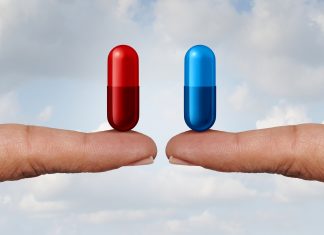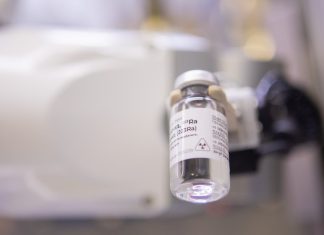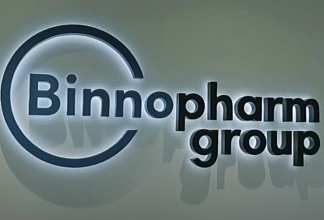As it became known to GxP News, Pembroria, Russia’s first generic of MSD’s Keytruda (INN pembrolizumab) manufactured by Biocad, was found to be sold through illegal channels. The domestic drug registered on December 2, 2022, can be purchased in several Moscow pharmacies at a price of 156,000 rubles or more, as well as in pharmacies of St. Petersburg and Rostov-on-Don, where it costs below 130,000 rubles. However, the “Chestny Znak” (Honest Sign) system does not have any information about the availability of the drug.
It should be noted that the development of the drug started in 2020, and its trials, according to the clinical trials registry, are to be completed in 2023, 2026 and 2027. The medicine was granted registration under an accelerated procedure. It is now included in the list of VED and in the list of strategically important medicines, the production of which must be organized domestically.
Pembrolizumab was included in the list of drugs for which the accelerated registration procedure can be applied in accordance with the Decree of the Government of the Russian Federation No. 593 dated April 5, 2022 “On the Specifics of the Circulation of Medicines for Human Use In Short Supply or in the Presence of a Risk of Shortage Due to Economic Sanctions Imposed against the Russian Federation”. The drug is also included in the list of 13 cancer drugs procured in a centralized procedure by the Federal Public Institution “Federal Center for Planning and Organization of Medical Support” for 11 federal centers since September 2021.
In 2022, the sale of pembrolizumab in Russia amounted to 29.6 billion rubles (+15% y-o-y), according to the Headway Company.
Pembrolizumab is a humanized monoclonal antibody therapy which is used for various types of cancer, including melanoma, cervical cancer, head and neck cancer and other types, as it follows from the instructions for the original pembrolizumab.
Keytruda was first approved in 2014 in the United States for the treatment of advanced or inoperable melanoma. In Russia, the original drug was registered in November 2016, and its patent protection expires in 2028.




